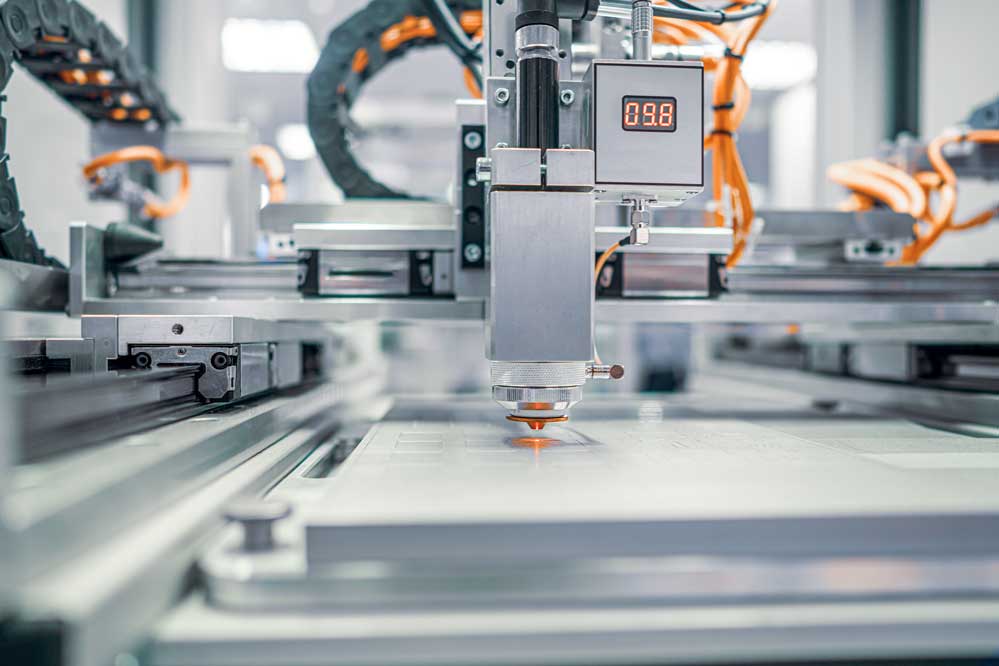The manufacturing segment has been walking with a lump in its legs since its inception. It may not be a very eye-opening thing, considering its nature. However, IIoT in manufacturing is an entire spectrum that works for linear, capital-intensive, and prone to rework.
Manufacturing on its own allows errors to slip through to customers in the darkest hours or only catches them later than we would prefer. Perhaps that is why evolution and revolution are concomitant in the history of manufacturing.
It was, in hindsight at least, a turning point in the vast manufacturing industry. It proved that the segment can recover and reinvent itself to meet the rigors of modern manufacturing.
The manufacturing industry, once again, is poised for one of the biggest transformations in its history, the “Revolution of Manufacturing” with the IIoT applications.
They are becoming obsolete as the old-fashioned production models and ideologies become more common than civilization. This opens up the possibility of new, emerging approaches like Industry 4.0 or smart manufacturing.
Both approaches seek to harness the high-seismic potential digitalization. IIoT applications will, therefore, be crucial cogs in the wheel. It is not difficult to understand why BI Intelligence anticipates the implementation and use of IIoT in Manufacturing. This has changed industries in the way that they work, operate, communicate, and use data.
Before you dive deeper into IIoT and its enormous impact on the manufacturing sector, make sure to get a basic understanding of IIoT.
A Great Definition
The Industrial Internet of things (IIoT), is a network of physical devices, vehicles, and home appliances that are embedded with electronics, software, and sensors for Industrial operations. It allows these items to communicate and exchange data.
Everything can be identified by its embedded computing system, but it is also able to interact with the existing Internet infrastructure.
Benefits of IIoT In manufacturing
Manufacturing is the process of germinating or producing goods. It is about turning one material into a usable one. In this process the supply chain is crucial. Some of the benefits are:
- It can be a drag if there are delays in the process.
- It is possible to check every product for quality and efficiency
- Meet deadlines and quotas is possible with its implementation.
- IIoT allows access to real-time data, which is what allows plants to work smarter and harder.
- Sound aid of visualization tools in rapid motion for holistic views of how employees’ entire facility and production schedule are functioning.
- Remote access to historical and current data of machinery and employees.
- Features production dashboards that give a complete picture of the entire system so that they can monitor performance.
All of the above are strong arguments in favor of the benefits of IIoT in manufacturing.
As an example, you can check King’s Hawaiian of Rockwell’s food- and beverage client. The company connected 11 machines to a new factory and their production increased like never before.





